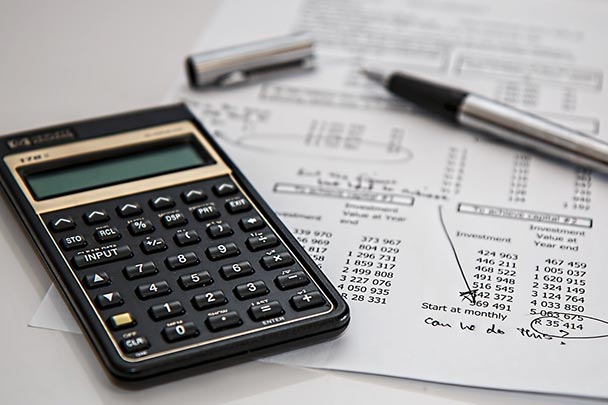Accounting

The American Accounting Association defines accounting as "the process of identifying, measuring and communicating economic information to permit informed judgments and decisions by users of the information."
While bookkeepers tend to focus on the details, recording transactions in an efficient and organized manner, they may or may not see the overall picture like accountants do, according to Certified Public Accountant Stan Snyder.
"Accountants use the work done by bookkeepers to produce and analyze financial reports," Snyder said. "Although accounting follows the same principles and rules as bookkeeping, an accountant can design a system that will capture all of the details necessary to satisfy the needs of the business -- managerial, financial reporting, projection, analysis, and tax reporting."
One part of accounting focuses on presenting the company's financial information in the required ways to those outside of the company. In order to present the information in a format everyone can understand, accountants follow a set of guidelines. In the United States, most abide by the Generally Accepted Accounting Principles (GAAP). There are different sets of accounting standards for companies that operate overseas, as well as for local and state government entities.
CPA Harold Averkamp said accounting also entails providing a company’s management with the information it needs to keep the business financially healthy.
"Some of the information will originate from the recorded transactions, but some of the information will be estimates and projections based on various assumptions," Averkamp said.

To come up with a company's status and projections, accountants rely on various formulas. Accounting ratios help uncover conditions and trends that are difficult to find by inspecting individual components that make up the ratio. Accounting ratios are divided into five main categories: liquidity ratios, profitability ratios, leverage ratios, turnover ratios and market value ratios.
While accounting dates back thousands of years to some of the earliest forms of civilization, Italy's Luca Pacioli became known as the field's founding father in 1949 after writing his book Summa de arithmetica, geometria, proportioni et proportionalita (The Collected Knowledge of Arithmetic, Geometry, Proportion and Proportionality), in which he describes double-entry bookkeeping for the first time.
Many in the accounting industry choose to become CPAs, which is achieved by passing an exam and getting work experience. According to the Pennsylvania Institute of Certified Public Accountants, CPAs audit financial statements of public and private companies; serve as consultants in many areas, including tax, accounting, and financial planning; and are well-respected strategic business advisors and decision-makers. Their roles range from accountants to controllers and from chief financial officers of Fortune 500 companies to advisors to small neighbourhood businesses.
According to the University of North Carolina at Wilmington's Career Center, there are countless other jobs that require accounting proficiency, including auditors, financial investment analysts, claims adjusters, loan administrators, tax lawyers, underwriters and stockbrokers.